Or the bricks He/Him - 22 - Studyblr Sideblog I follow from @hellbentsunday
Don't wanna be here? Send us removal request.
Text
Best Time Management Techniques I've Used. (Academics + Extracurriculars)
Managing your time for energy and extracurricular activities can be challenging, especially when everything you do is overwhelming, requires your attention, and has deadlines that are too close to each other.
These are some of my best time management techniques that I have personally used, the ones that have changed my life and can possibly change yours too.
There's a free template at the end of the post too! Be sure to check it out :)
________________________
Question Your Time
If you take a look at your day, you might think that you're doing too much (or nothing at all). That is because you have no idea what you're actually doing and how you're spending your free time, which leads to precious time being wasted.
How It Works:
Take a look at your normal day. Ask the following questions and more. Ask as many questions as possible on your time spent:
What am I actually doing every day?
What is an activity that I do almost every day for more than an hour that is actually unnecessary? [Likely social media]
Do I study for at least 2 hours?
Am I finishing up on my projects and deadlines?
Does my calendar really reflect my current goals?
Time Grouping & Blocking
Time grouping is basically when you group similar tasks together. If you have Maths and Science homework, each around 40-45 mins, you don't do them together in different sessions.
Many make the mistake of spacing out their study and homework sessions. It takes more time in the long run, and sometimes you can't actually get anything done. So, group your time!
How It Works:
You must assign a time slot for the task, and you don't do anything else during that time. You block everything else and focus on one thing.
Golden Hour = Morning
This is an advice that I ignored for most of my high school life. Why? Because I believed that mornings were meant for sleeping in and that I'd be too tired. That was a negative belief.
How It Works:
You get up in the morning and your brain is active and flowing with creative energy. This only occurs when actually have a full 8 hours of sleep, by the way. If you sleep at 1 am and try to get up at 6? That is not going to be possible. Literally.
No Routine = Just Work
Most people hate mornings because they have this perception that mornings must have a load of steps and routines. Throughout senior year, I had only three tasks in the morning,
Get Up
Drink coffee
Read The Quran
Hit The Books
If you compare my routine with some of my friends? Unnecessary steps that bog you down. I know some people who do a full 10-step skin care in the morning, dress up, eat, and by the time they get to work or sit down to study? They're drained.
It's not exactly wrong to dress up and eat, etc. But my point is, you can at least get 1 hour of work done before doing anything else. Your focus is laser sharp when you get up. So, use it.
Take your four main tasks and don't add anything else. And follow them.
Eat The Frog
“If it’s your job to eat a frog, it’s best to do it first thing in the morning. And if it’s your job to eat two frogs, eat the biggest one first.”
In simple words? Face your hardest, most important task first, before you get distracted with any other thing.
Honestly, I've heard many say that sometimes it gets overwhelming to do a huge task first thing in the morning and complete it. You feel drained the entire day, and I actually agree, it does. So, here's a simpler way.
Divide Your Work Into 4 Stages:
Outline : Draw a basic overview. What should be done? How will I get it done? Basic steps I need to follow? When is the deadline?
Research : Collect basic information to do the task. That includes articles, journals or just notes.
Draft : This is your prototype. You draft your work into the refining stage.
Final : You keep refining it until you are at the final project. This is the stage where you add the small details.
This flow makes you feel less overwhelmed and gives you more clarity to actually sit down and work.
One In Advance Rule
Look, it's really easy. Your assignment is due in two weeks? Complete it by next week. Project due in one month. Complete it a week in advance.
This is necessary because, when you start early, you finish it earlier than others so you can actually focus on some studying rather than wasting your time managing assignments and tests.
You'll actually notice the difference in your stress levels when everything doesn't pile up.
The trick is to complete everything before one week of the deadline.
Hour Sprints: 1-4 Hours Break Sprints = Work Hours ÷ 2
Hour sprints basically refer to doing your day's work in around 1-3 hours. And honestly, I didn't think this would work but it does. You might have to be patient and slowly increase your time to avoid burnout.
There were times when I worked straight for around 5-6 hours after I had increased my work time, pushing little by little every day. The burnout doesn't last long but the fruits of this method are really worth it.
Breaks are really necessary. I advise you to not allot a certain time limit for the break. Rather take a break when you actually feel tired. If you've worked for 2 hours straight, then you deserve an hour of rest. If you worked for just 30 mins and you feel tired, take 15 mins as your break.
Divide your work time by half and that is your break time.
Energy Mapping
Observe your past three days and find out when your energy is high, medium and low. Based on this, align your tasks according to your energy flows.
High Energy = Deep Work Like Intensive Studying And Creative Projects
Medium Energy = Outlining Your Projects, Skimming Notes, Active Recall
Low Energy = Passive Study & Chores
This is based on my own energy mapping.
How It Works:
Track Yourself for 3 Days
Every 2–3 hours, jot down:
What you were doing
Your energy level ( 1–5)
Your mood (😊😐😣)
Now, figure out yours.
Rule Of Three = Daily, Weekly, Monthly
See, the thing about extra curriculars is that you have to handle academics and family commitments at the side too. So, here's the rule of three:
You choose three tasks/goals for the day, week and month. And you focus on that alone. Only that. Nothing else.
How To Figure Out Those Goals?
Monthly:
What is the top three priority goals/tasks this month?
Pick Three And Break It Down Into Weekly Goals.
Weekly:
What is the top three priorities this week to achieve my monthly goals/tasks ?
Pick Three And Break It Down Into Daily Goals.
Daily:
What are the three actionable steps that I must do everyday to achieve my weekly & monthly goals/tasks?
Pick Three And Follow.
Non-Negotiable Rules For Managing Calendar:
Here are some rules that you can not break when you're planning your calendar:
If it's not on your calendar. It does not exist.
Add your class timings first
Study time should be scheduled daily
Enter extracurricular activities/deadlines as soon as you know
At least a 20 min gap between two things is non-negotiable
Every day must have at least 1 hour of "Me Time"
No more than 3 extra curriculars
Plan every Sunday. Tweak it every day
Get Your Free Template
____________________
Additional Posts That Might Help:
How To Self Study
How To Study Concept-Oriented Subjects
How To Study For Longer Hours
An Absolute Guide To Manage Your Time And Energy For School
How To Better Your Overall High School Experience From A Recently Passed Out Student
How To Study Multiple Subjects
_____________________
Ebook:
How To Self Study [Ultimate Productivity Guide] + Exercises. => Get It On -- Ko-fi
__________________
I hope this helps!
62 notes
·
View notes
Text


April 2025 reading wrap up
The two main themes of this last month of reading were audiobooks (again), and the hunger games. Believe it or not I had never read the original trilogy. I was a teen in the hight of success of the books, I remember everyone around me reading them, but I was not a big reader back in the day. I actually didn't love reading at all. I was only reading graphic novel, and that's it. I think it's more or less in that period of time I started to very very slowly get into reading in my free time, but they journey was long and slow. In the past couple of years I had the idea of actually reading the hunger games trilogy, since I have fallen in love with the dystopic genre, and many have started to consider these books modern classics. The main thing that held me back is the fact that they are ya, and from experience I always struggle with books classified as ya. Then some beloved friends finally conviced me to give them a try and during the past month I listened to the audiobooks, fell in love with them, bought physical copies and then also read the two prequels, and loved them even more. So much so that I am already looking forward to rereading all five books to heavily annotate them like all of my beloved dystopic novels. I am still thinking about them, and I think I will be for a while.
Books I finished:
Emily Wilde's Map Of Otherlands by Heather Fawcett (I had a great time with the second book in the series, I feel like this was a great sequel to the first book, but I am sadly not having a good time with the thrid and final book of the series)
The Hunger Games by Suzanne Collins
Catching Fire by Suzanne Collins
Mockingjay by Suzanne Collins
Re:Carmilla (I have read the original novella a few times and always loved it, but this audio adaptation was so good. I listened to it as it was coming out, but I plan on relistening to it in the future with no pauses between the various chapters. The performances of the VAs was incredible, they gave so much life to a story I already loved, and I know it's kind of unrelated but this hyped me so much for my yearly reread of Dracula following the Re:Dracula adaptation)
The Handmaid's Tale - graphic novel adaptation
The Ballad Of Songbirds And Snakes by Suzanne Collins
Sunrise On The Reaping by Suzanne Collins
Books I am currently reading:
Emily Wilde's Compendium Of Lost Tales by Heather Fawcett (ngl this book is holding me back a little bit I am super stuck with it, I kinda want to dnf it, but at the same time I'd like to finish the trilogy, so I have no idea what to do. I read a little of 100 pages and nothing has happened, and I just do not reach for it?)
The Secret Life of Trees - graphic novel adaptation (I am now realizing that one of the themes of my year of reading so far has been graphic novel adaptation of books, and I am having a great time with them)
Magellano: Il Primo Viaggio Intorno Al Mondo by David Salomoni (this is the book I am studying for one of my exams and so far it's really interesting and well written, I have high hopes for this one)
21 notes
·
View notes
Text


01.04.2025
flight back to germany and more studying, this time on the aircraft
61 notes
·
View notes
Photo

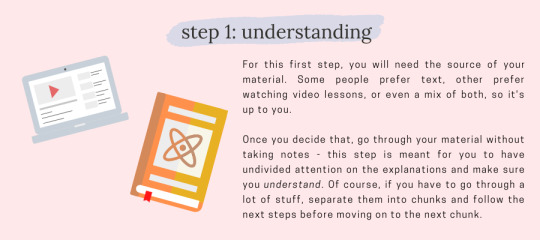

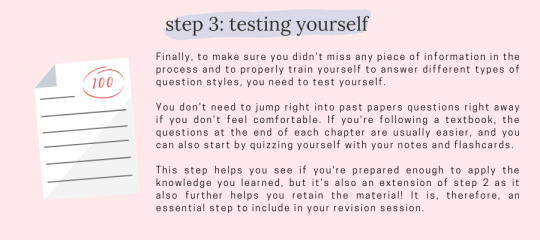
now that most of us are at home, i thought this could be useful to the ones who aren't that used to learning material on their own and aren’t sure where to start, or which order of steps to follow. happy studying! 💗
studygram
14K notes
·
View notes
Photo
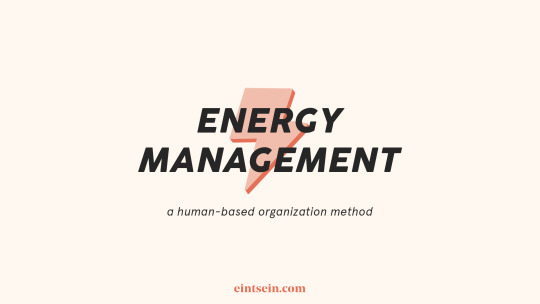
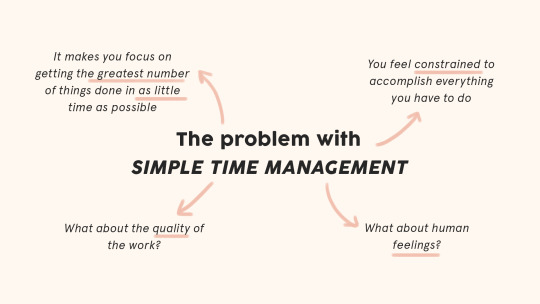
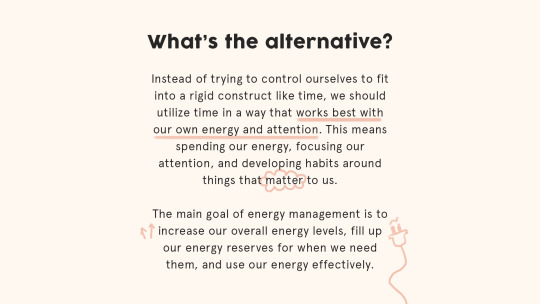
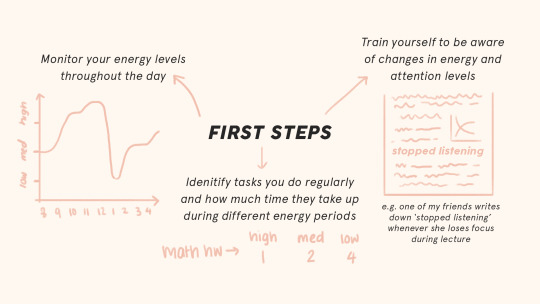

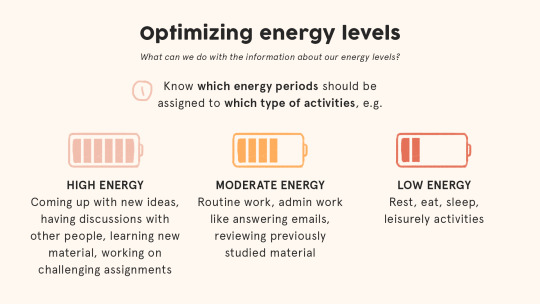
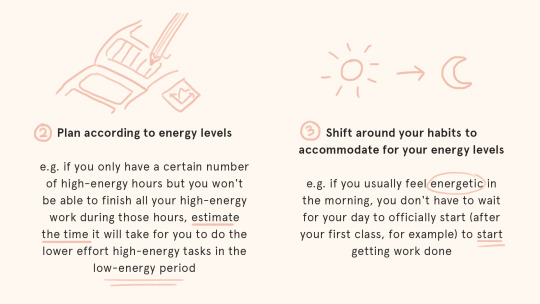
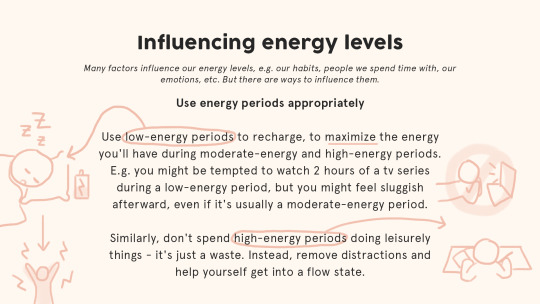
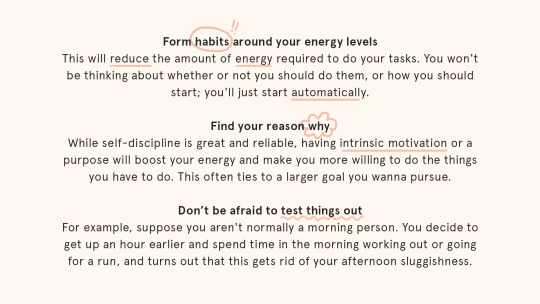
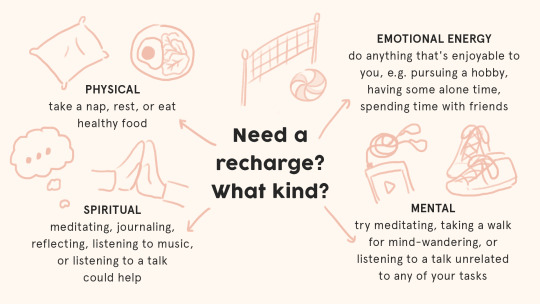
Energy Management
A human-based organization method
click on images for better resolution; images also available here (link to google drive)
Other posts that may be of interest:
Getting stuff done: How to deal with a lack of motivation
Flexible time-blocking: A more breathable way to get things done
The ABCDE Method
30K notes
·
View notes
Text

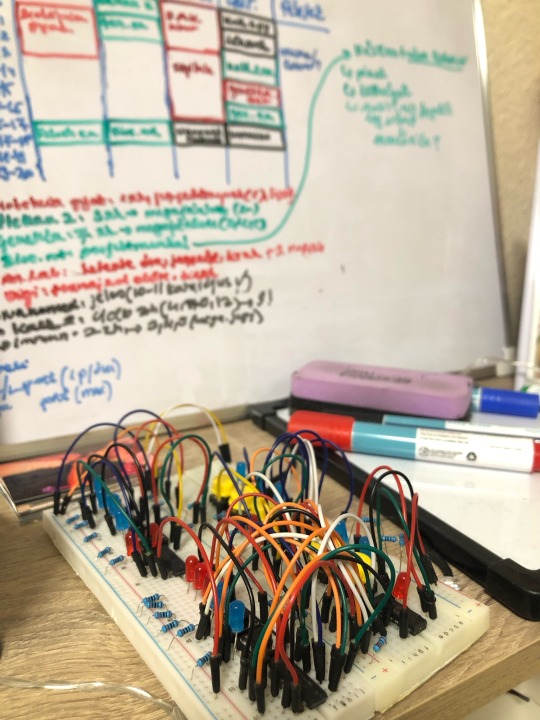




bionics is where information technology meets biology & chemistry🧠👩🏼💻
118 notes
·
View notes
Text
being a humanities major who’s friends with stem majors is so funny because you’ll ask your friends what they’re doing today and they’re like “UGH it’s so stressful i have to stabilize the reactor core for my nuclear power midterm and then i have to build the supercomputer from i have no mouth yet i must scream for my electrical engineering homework :/ what about you” and you’re like “oh well i have to read a fun little book and write an essay about gender.” and they still think you have it worse
120K notes
·
View notes
Note
I don't even know how to phrase this but I'm dumb as hell and realize I have trouble synthesizing information, can't make my own analysis, not at all a creative thinker, etc etc. My question is, how do I go about changing this? I read books, yes but what? Is that it? If I go to college, will that help? Or will that just mold me into a status quo smart guy? How do I even begin to get smart or whatever?
You're already asking yourself what it means to be smart so for me that means you're already smart. For someone who says that can't make their own analysis you are already analyzing yourself.
There's two lines of advice I can give you:
Read non-fiction books. Pick something that you're really interested in and start reading. Soak it in, enjoy it. I say that you pick something you're INTERESTED in first because otherwise it's homework to get smart, and what you want actually is not to be perceived as smart but to have knowledge. What do you WANT to know? You won't know it from fiction. Fiction is fine, fiction is fun, fiction can be well researched, but it can't teach you. Documentaries are good but even the deepest, best ones don't contain as much information as text. You need to practice reading text, more now than ever. If you find yourself overwhelmed by textbooks and the like, begin with introductory texts, even Wikipedia, or long articles in a subject.
Second, search everything you don't know. Don't ever leave a question hanging if you have access to the internet. If you don't know a word, a place, a person, a concept, search it, it takes less than 30 seconds of your day to read a Wikpedia summary about it. The reason I know so much geography for example is that every time I read a place that I don't know, I search it almost by instinct. Once you know where places are, your mind starts making maps on its own, relating one thing to other. This applies to actual geography but also all kinds of knowledge.
132 notes
·
View notes
Text
the key to surviving grad school (also maybe life but definitely grad school) is to pick a side quest every few months or so. something that brings you joy and that you can get better at over time, independent of whether or not your research or classes are going well. put your need for academic validation to use in a non-academic setting and everything will feel less dire and you will learn you are more than your work
4K notes
·
View notes
Text
How to Ace Your Next Exam: The Guide to Confidently Crushing It 💋
Ready to make exam season your personal runway? Here’s the It Girl approach to studying smarter, not harder, with tips that go beyond the basics. Let’s dive into savvy study strategies that’ll have you gliding through exams with confidence and style.



- Embrace the “Pomodoro Pile-Up” Technique
Here’s a twist on the classic Pomodoro Technique: set a timer for 25 minutes of focused study, followed by a 5-minute break, but with a twist. After each break, add a couple more minutes to your next study session and increase your break time by one minute. By gradually lengthening study time, you build endurance without feeling mentally exhausted.
- Curate a Study Vibe Playlist
Create a playlist that keeps you locked in. Studies show that ambient sounds, lo-fi beats, or classical music can help boost concentration and memory retention. Curate tunes that flow with your study rhythm—something mellow but motivating. You’ll soon associate these sounds with focus and efficiency.
- The ‘3-2-1’ Memory Method
Solidify what you learn with this post-study method. Write down: 3 key ideas you learned 2 questions that popped up during your study 1 thing you found most challenging or intriguing Reviewing these every few days helps you retain info and gives you a clear roadmap for what needs more attention.
- Gamify Your Study Sessions
Turn studying into a game by setting point values for topics and rewarding yourself based on how you do. For example, give yourself a treat or a break after completing three “challenging” points or five “easy” points. Turning studying into a mini-game will keep things fresh and motivating.
- Teach Back Technique
Imagine you’re teaching someone else what you’ve learned, but make it specific to their level. Teaching a friend forces you to simplify and fully understand concepts. If you’re struggling to explain something, that’s a signal to dig a bit deeper until it’s clear. It’s one of the best ways to expose any weak points and turn them into strengths.
- Mind Palace or Method of Loci
Try the Mind Palace method for memorizing tough material. Picture a familiar location, like your house, and assign different facts or ideas to each room or space. Walk through this place mentally, associating each part with information you need to remember. When you recall the layout, the information should come to you as well.
- Emotional Anchoring
Connect emotions to what you’re studying. Research shows that memory improves when emotions are tied to information. For instance, if a topic excites you, allow yourself to feel it; if it frustrates you, acknowledge it. This makes facts and concepts more memorable because they’re linked to specific feelings, and you’ll recall them with greater ease.
- Use the Power of ‘Interleaving’
Instead of mastering one topic before moving to the next, interleave subjects. This means studying a few related topics in the same session. For example, if you’re studying for a science test, spend 15 minutes each on physics, chemistry, and biology. This method strengthens connections between topics and keeps your mind agile, making it easier to recall concepts.
- Optimize Your Body Clock
Study according to your natural energy peaks. Are you a morning person or a night owl? Maximize productivity by scheduling your most challenging study topics during your peak hours. This way, you’re not fighting against your body’s natural rhythm, and you’ll find it easier to focus.
- Use “Feynman’s Rubber Duck” Method
Originally called the Feynman Technique, this method involves explaining concepts out loud, as if to a rubber duck or a non-judgmental listener. Try summarizing what you learned aloud to your “duck.” This out-loud practice helps reinforce knowledge and boosts confidence in your understanding.
- Pre-Exam ‘Mental Priming’
As you review for the exam, occasionally switch your perspective to thinking about the types of questions that might appear on the test. Create hypothetical questions based on key concepts, then quiz yourself. This primes your brain for the kind of recall you’ll need on exam day, making it feel more natural and less intimidating.
When it’s time to hit the books, channel your inner It Girl and tackle studying with these next-level techniques. You're not just prepping for an exam—you’re mastering the art of confident learning. Happy studying!
88 notes
·
View notes
Text
I also have trouble staying on task during study sessions, too! What helped me the most was this poster that a study tutor gave me:

The idea is that you set a specific plan/goal before your study session, and then you reflect on how it went at the end of it.
This method really excited me because the added reflection at the end would give me a chance to actually see what study methods worked, when and why I might get distracted, and how long things actually took me to finish. (I wrote my reflections down so I could look back on them, but I don't think that's entirely necessary.)
The goal setting/reflection sections made each session into a little experiment, which helped me reframe my approach: if my hypothesis was that I could finish working on [insert task here] in 45 minutes, and I DIDN'T accomplish that, what would I need to do next time to do better? Did my phone distract me? Did I not have everything I needed? Did I need more time?
Or, conversely, did I need LESS time? Did I UNDERESTIMATE how hard it would be? What helped me do so well during this session as opposed to the last?
Also, the study sessions were long enough for me to get into the groove (25 minutes is never enough for me), but short enough that I wouldn't get off track for too long if I DID get distracted. Plus, the idea that I would be reflecting at the end added just enough motivation to do my best to accomplish whatever my goal was during the set time.
(NOTE: I still took the 10 minute break, even if I did get distracted. The point of these breaks was to reset/refresh myself, which was still necessary after getting distracted.)
But yeah. Long story short, I just needed to have a bit more structure during my study sessions. While timers were helpful, they weren’t enough on their own. Adding reflections and goals to the mix definitely helped me stay on track a little better.
Hope this helps! Good luck with your studying 🫡
hello studyblr community
i want to ask how yall actually stick to schedules and timers and stuff – because I can never stick to self imposed study schedules [like I will do this from 1-3pm and then this other thing from 3-5]
and even though pomodoro timers do help me a lot, I still find myself getting distracted during the focus time and then also sometimes forgetting to actually start my break timer, or the study timer, and then im like? do i skip a break bc i got distracted in my previous focus time?
24 notes
·
View notes
Text
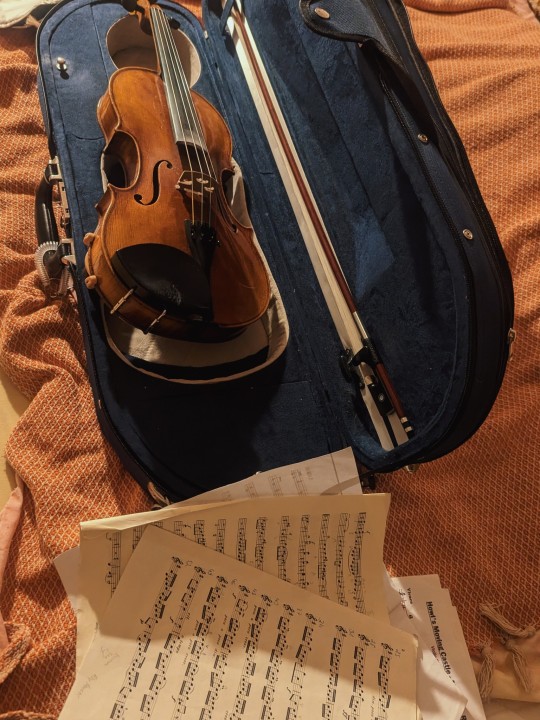
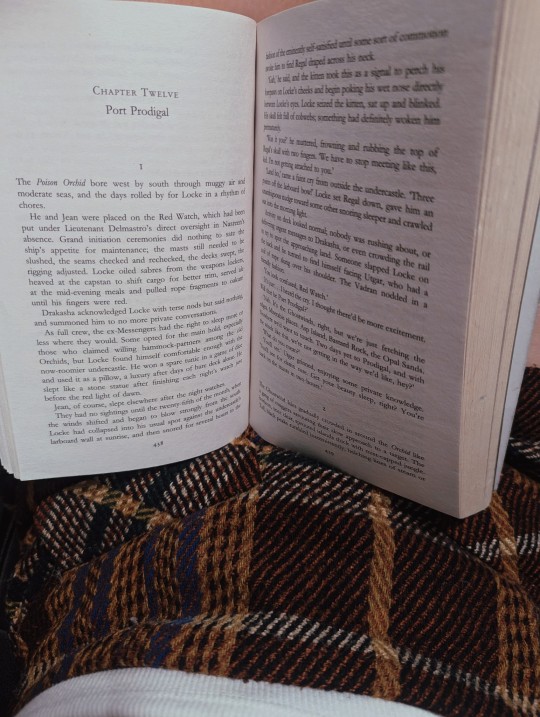
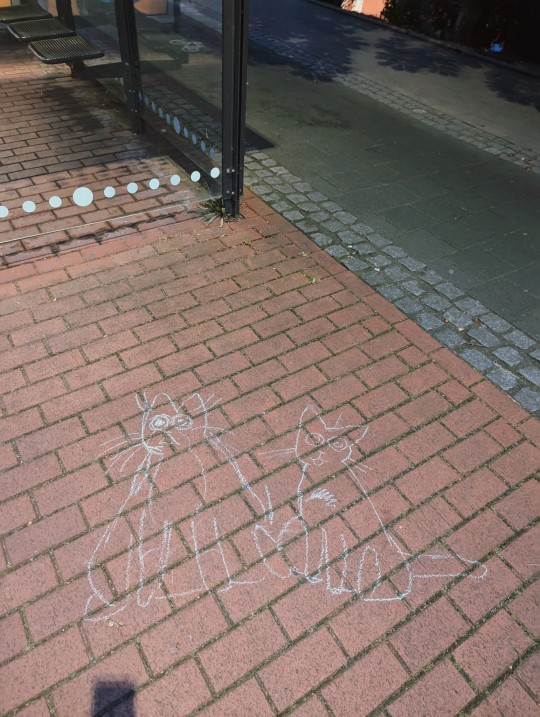

30.09.24 🍁 autumn has officially begun! the air is so crisp, big fan of that. after months of collecting tons of different documents i finally got the confirmation today that i'm registered for the master's degree (had to call the responsible office bc they made a mistake the first time eurgh). looking forward to linguistics which i've dearly missed the last two semesters, and i'm really curious about media science ✎ᝰ.📓.♡ ̆̈✧˖°🗒
265 notes
·
View notes
Text

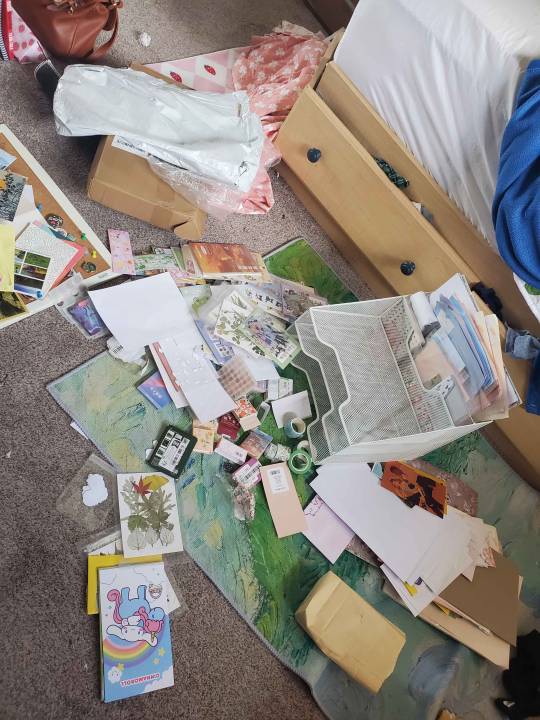


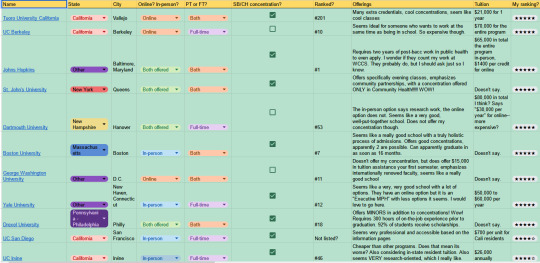
September 25th, 2024. Wednesday.
What I accomplished:
Got the new stationery rack for my room (top photo is my desk assembled with the new rack, middle-left photo is the mess dumped out of the old one)
Put all the stickers that didn't fit on the rack into a booklet (middle-right)
Updated my "MPH school personal rankings" spreadsheet from about 20 entries to about 50
Took the trash out before it got too dire, saw a strawberry on the way
Did my nails. Promptly messed them up before I had a chance to let them sit.
Did all my homework for Health Psychology class (5 items)
Did a training for job 2
Answered like 4 emails
🧣 Good day. It feels like I did essentially nothing, because a couple HUGE and urgent tasks were left unfinished. But that's OK, there's always tomorrow... though unfortunately I work from 8:30 to 3 tomorrow, so I'm sure I'll be too wiped after work to do anything productive. Unfortunate. But yeah, just gotta keep going.


[Photos: panorama of my new study space that I love so much, the prior mess from the former stationery rack, the completed new stationery rack, the booklet full of stickers I'm completely unable to close, my grad school spreadsheet, a strawberry in my property owner's garden, my nails.]
27 notes
·
View notes
Text
Normal people: hey man how's it going
Guy who loves spreadsheets: can I make you a spreadsheet
21K notes
·
View notes
Text
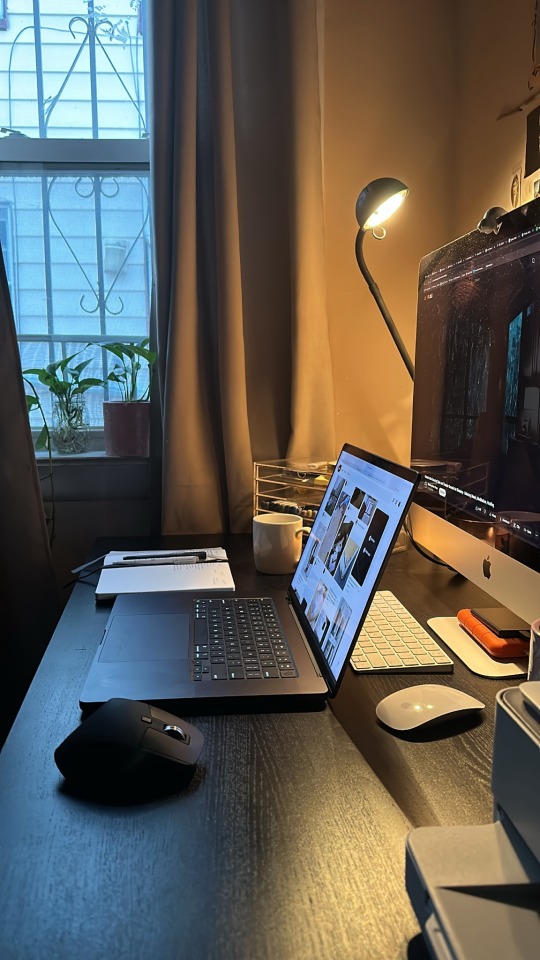
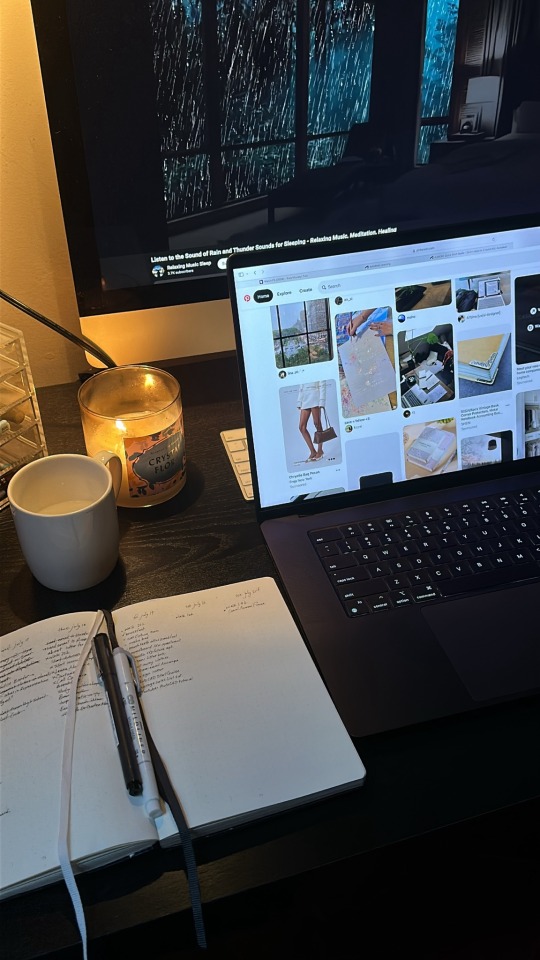
July 19, 2024, 6am.
Morning study vibe, but of course I have to do a quick Pinterest scroll to set the mood.
2K notes
·
View notes
Text
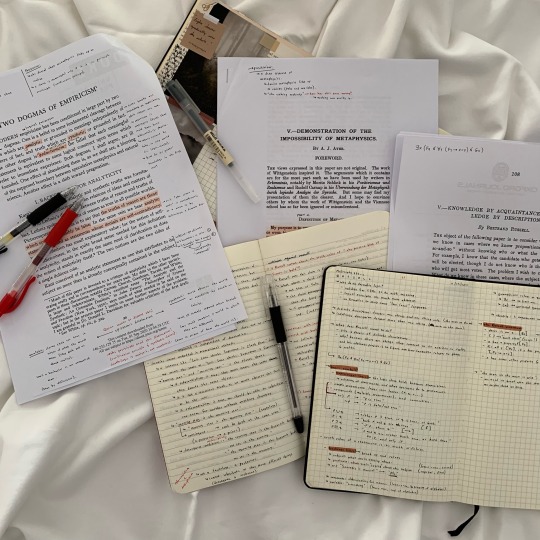
16.11.2021
only one exam left and i’m up to my ears in analytic philosophy. it’s definitely one of the most difficult philosophy modules i’ve taken, but that makes coming to understand it all the more rewarding! wishing everyone busy with exams the best!
🎧: use me like you used to // vlad holiday
2K notes
·
View notes
Text
Studyblr Prompt 1: Desk setup
What does your study space look like? You can share a picture, or describe what is your ideal studying environment | studyblr community.
I've already done a desk setup previously, but I've cleaned up, and I feel like it needs a repost (not much has changed tbh, only the drawer lol)

First up, my laptop nook! I have my laptop propped up on a stand, whiteboard from @studaxy, some blue posters and my cute blue mouse.
Here's the blue posters up close:


Some more posters in the wall to my left! Most of them are handmade, because I love putting up stuff that I created on my walls :) Random sticky notes with info, and also a quote from @guz013 that I really loved.

The stationery corner of my desk! Color pens, highlighters, sticky notes, paperclips, the whole deal. Storage box from @studaxy (you really know how to spoil me huh)

My drawer where all the extra things go :) It has my journal, the stickers that I put on my wall, some extra stationery, etc etc. Also an extra pair of compression gloves because you never know!
That's all :) I really like my desk setup because it has everything that I need on a daily basis in an accessible manner that works for me. And as you can see, most of the items are blue, which is my favourite color :D
115 notes
·
View notes